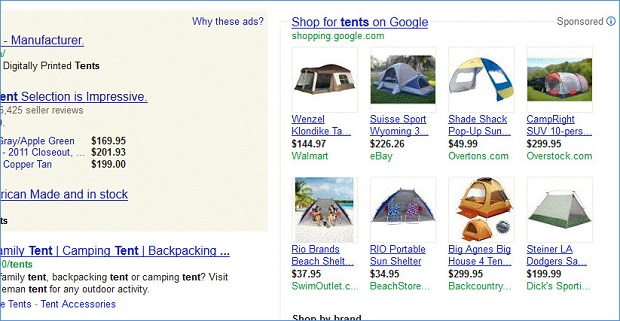The European Union has filed a complaint against Google over its alleged anti-competitive behaviour, targeting its shopping search which is pitched as a “matchmaker” between products and customers.

The competition commissioner said she had issued a “statement of objections”, stating that the firm’s promotion of its own shopping links amounted to an abuse of its dominance in search.
For example, people searching for “running watch” will see photos, prices, ratings and links to five watches from companies that paid Google to advertise on the site.
They won’t see Amazon or other rivals’ results listed first, and they’re not necessarily seeing the best or most relevant products at the top of the results.
Margrethe Vestager said Google now had 10 weeks to respond.
The firm said it “strongly disagreed” with the allegations and looked forward to making its case.
Vestager also revealed that she had launched an investigation into whether the way Google bundled apps and services for its Android operating system was unfair.
And the commissioner said the EU would continue to monitor other activities by Google that its rivals had complained about.
It follows a five-year investigation into the company and marks the start of a formal legal process that could ultimately lead to billions of euros of fines.
Google accounts for more than a 90% of EU-based web searches.
EU Commissioner in charge of competition policy Margrethe Vestager said: “The Commission’s objective is to apply EU antitrust rules to ensure that companies operating in Europe, wherever they may be based, do not artificially deny European consumers as wide a choice as possible or stifle innovation”.
